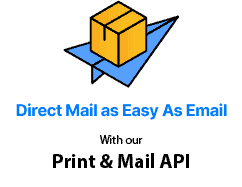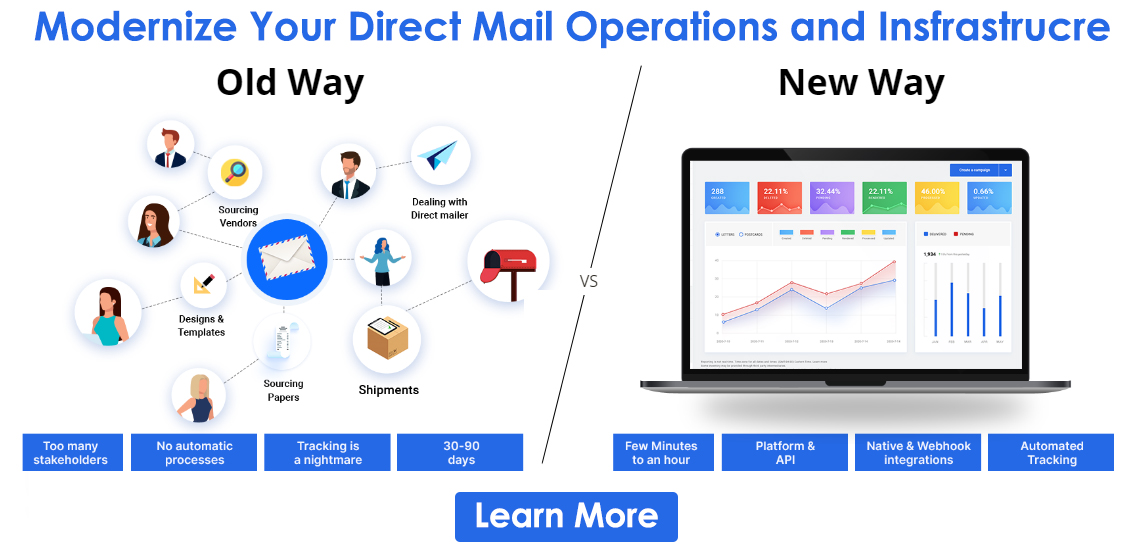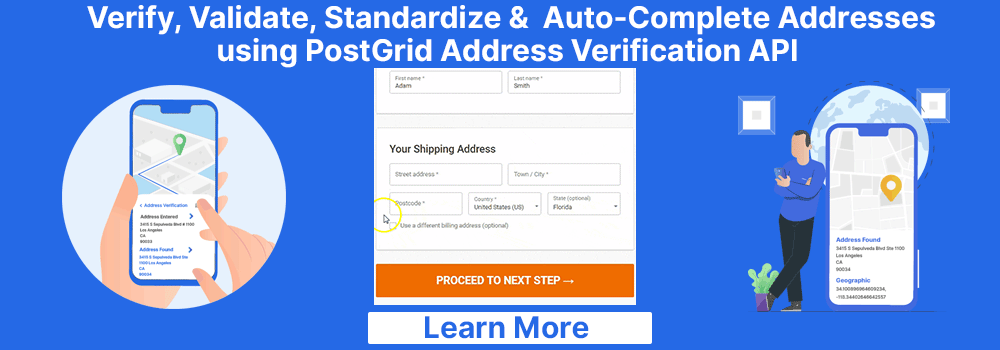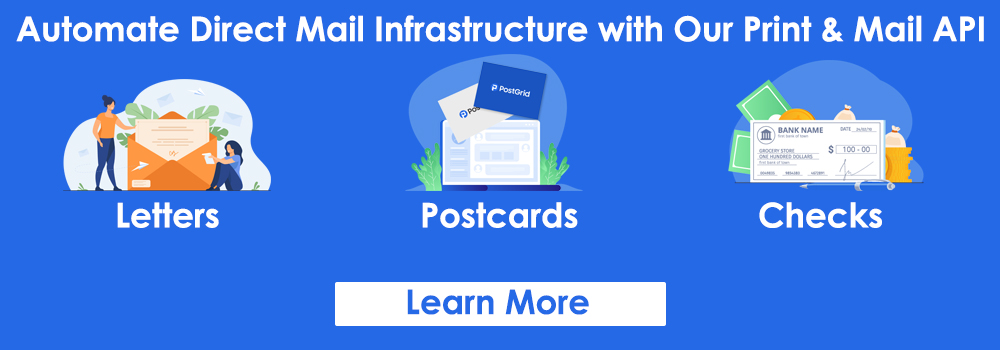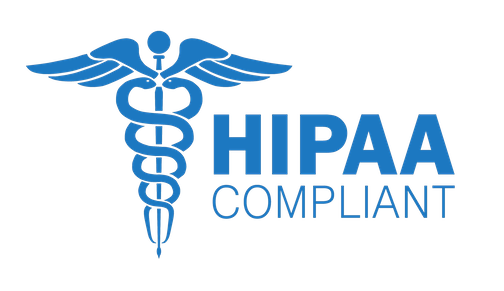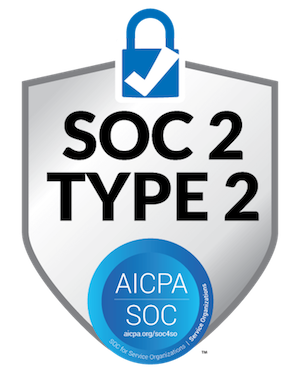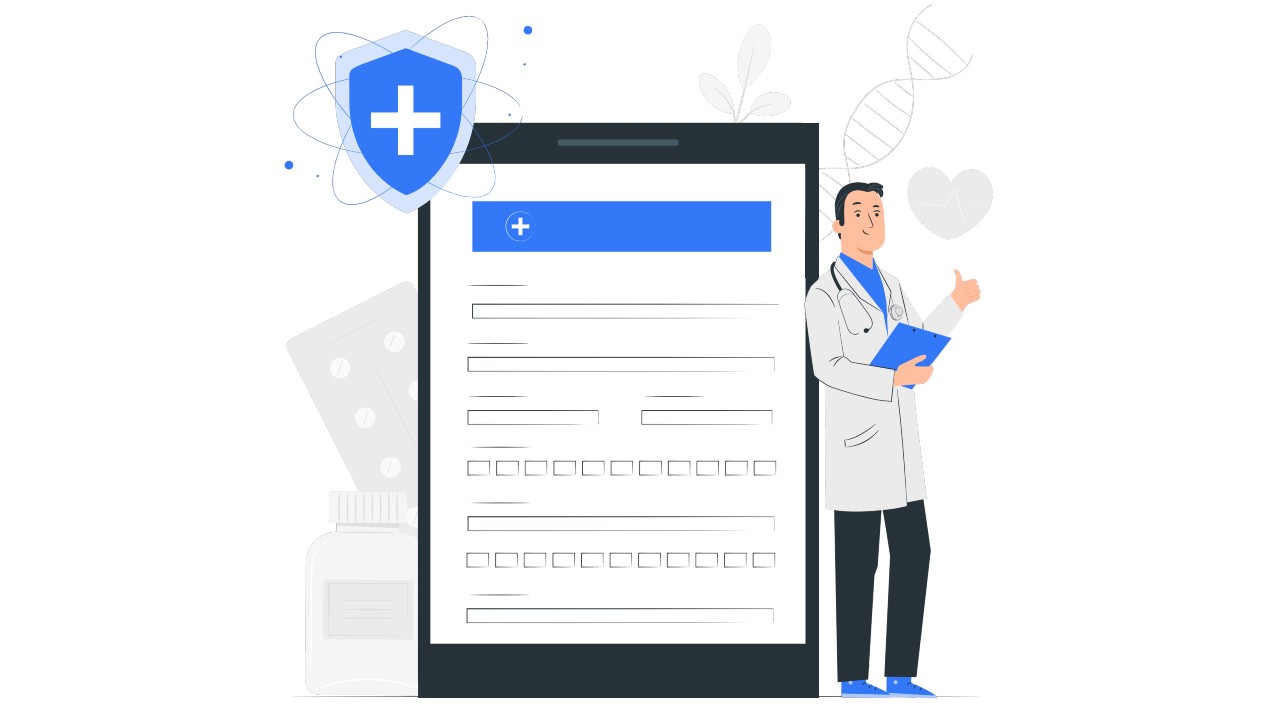
6 Ways in Which Effective Claims Management Can Help You Fasten Payments
Did you know that 90% of healthcare claim denials are avoidable? With the right claims management system in place, you can also prevent denials and accelerate payments!
We understand that it is time-consuming, expensive, and hectic to process claims and follow up with insurance agencies. However, it is an ongoing and essential process to get reimbursed for your services.

There are plenty of steps involved, from patient admission to claims approval. So, how to accelerate these activities and get paid faster? The short answer is digitizing your hospital claims management system. You can prepare and submit claims speedily and handle denials more systematically!
Digitalization also enables you to save costs, increase patient satisfaction, and facilitate correspondence. In this blog, we will discuss how efficient claims management allows healthcare providers to streamline claims processing and boost productivity.
Let’s get started!
What is Claims Management in Healthcare?
Healthcare claims management is the billing, preparation, organization, and submission of medical claims. All hospitals and physician practices need to process claims accurately and submit them to insurance companies for reimbursements.
But how does it work? Well, there are a series of activities that healthcare providers need to undertake, like:
- Admitting patients
- Checking their insurance eligibility
- Providing them with the necessary care
- Preparing and submitting a medical claim
- Following up
- Getting paid
A medical claim has all the details of services provided to a patient with a breakdown of the fees. There is no single medical claim definition per se; it simply means a medical bill sent to insurers for review and adjudication.
All the above steps might seem simple but are very complicated and daunting. The entire process can take up to several weeks sometimes. Also, not all claims are approved and paid for the first time. Instead, they are denied and sent back to the providers for modifications or corrections. There can be several reasons for claims denial, like faulty processing, coding mistakes, etc.
Healthcare providers must re-prepare and re-submit these denied claims on time to request reimbursement again. Thus, hospitals also have a denial management strategy to identify errors and respond to denials.
What Can You Do to Reduce Denials and Improve Claims Management Within Your Institution?
With denial rates rising to 57% and healthcare costs increasing more than ever, you need to take some solid steps to improve claims management processes.
Below, we have enlisted some things your institution or practice can work on:
Assigning Job Roles
Frontend workers usually have jobs, like:
- Helping patients complete the paperwork
- Getting prior authorizations
- Verifying healthcare insurance coverage and eligibility
- Collecting the balance from patients at the time of service, etc.
On the other hand, backend staff deals with claims submission, accounts receivable, claims denial management, and more.
The frontend and backend staff of a hospital are equally responsible for processing error-free claims. However, we often see that the backend staff handles most of the responsibilities in medical claims management.
Thus, most issues are spotted at the latter stage of claims processing by backend workers. You can change that by defining job roles accurately and holding both departments accountable for denials.
Keep Your Patients Updated
Transparent billing, detailed meetings, patient support, etc., are some examples of how you can strengthen patient relationships. Your patients should be your priority, which is why you need to keep in touch with them.
It is not a mandatory requirement of hospital claims management to update patients on their claim statuses. But, constant interactions can help you handle denials better and accelerate approvals.
Effective insurance claims management enables you to update patients promptly and personalize messages. Thus, you can also work on your patient retention strategies simultaneously.
Secure Patients’ Personal Data
There might be a dozen people at your institution who can access patient files effortlessly. However, you need to limit access to only a few members who directly handle your patients’ healthcare, protecting their privacy.
Also, ensure that all your claims management activities are in accordance with PIPEDA regulations. It will help you eradicate data breaches and maintain your brand reputation.
PostGrid’s direct mail services are PIPEDA-compliant. Therefore, if you need to print and mail medical documents to patients or insurers securely, PostGrid is an excellent platform to get started.
 Also Read: PostGrid for Compliance Teams
Also Read: PostGrid for Compliance TeamsFollow Up With Insurers
Healthcare providers must make follow-ups an integral aspect of their claims-handling mechanism. Every seven days or 15 days, they should follow up on their submitted claims to increase revenue levels faster.
Also, think of other ways to contact insurers and inquire about your dues. For example, you can set up a triggered campaign to send follow-up letters to insurers weekly as a reminder to complete your reimbursements.
You can combine such mailing campaigns with email and calls to increase impact. In short, you can develop a robust claims management program by using multiple channels.
Outsource Your Claims Management Tasks
If you want to save time, increase efficiency, and process claims in the best way possible, consider employing a claims management company.
By outsourcing, you can free up your employees’ time, cut manual effort, and reduce administrative costs. Plus, you can ensure that everything is completed smoothly and securely.
 Also Read: Proof of Insurance Letter
Also Read: Proof of Insurance LetterWhy Should You Outsource or Automate Claims Management?
As said earlier, claims processing isn’t a one-time job that healthcare providers need to get over with. Hence, they need a long-term plan that is consistent, reliable, and digitized, like automated claims management solutions.
Below are some other reasons why you should employ automation software to take over all claims-related tasks:
Submitting Error-Free Claims
Hospitals and physician practices often face issues, such as undercharges, denials, delays, etc. But, they can avoid these hurdles by submitting flawless claims the first time itself.
A claims management system can help them accomplish this objective along with availing some other benefits, like:
- Skipping the legwork and saving hours of manual labour
- Increasing reimbursement rates
- Reducing accounts receivable, etc.
Prioritizing High-End Claims
Naturally, some claims are worth a lot and need to be processed faster than others. Automating hospital claims management can help you prioritize high-priority accounts and keep tabs on your incoming payments.
You can segment claims according to the payer compliance, amount, eligibility, demographics, etc. Hence, you can map out your priorities easily and boost reimbursements.
Reduce Paper-Based Transactions
Several healthcare providers, especially small practices, still store their patient files offline. They also prepare most of their claims-related documents on paper. However, it can lead to many problems, like inefficient organization, wasted time, human errors, etc.
Though digitizing these activities can improve data storage and streamline claims management to some extent, it still takes up a lot of time. Thus, you need a claims management software program to help you prepare claims according to industry standards, find and compile files in seconds, and submit claims in no time.
Track Claim Statuses
It is crucial to track your claim statuses to know if everything is working smoothly. If there is an issue, healthcare providers must identify it as soon as possible and make the necessary changes. Without a robust claims management automation system, tracking every claim can be a complicated process for you.
It enables you to follow up with insurers automatedly, respond to queries immediately, and get approvals faster.
Handling Denials
65% of all claims are never re-drafted and re-submitted by healthcare providers. The reason could be anything from time crunches to high costs. Naturally, many providers don’t have enough time and resources for denial management in medical billing.
Hence, they must outsource their hospital claims management to manage denials without manual intervention and additional costs.
Reporting and Analytics
Claims management automation helps healthcare institutions analyze their strategies, understand patients’ needs, and reduce denial rates. It allows them to identify the reasons for denials and draft reports quickly for added efficiency.

How Can PostGrid Help You Process Claims Effectively?
PostGrid’s direct mail API can help you automate several tasks, like:
Sending Medical Claims and Patient Bills
Using PostGrid, you can print and mail bills to patients, insurance companies, and other third parties effortlessly. All you have to do is integrate our API into your CRM and start sending invoices from your system.
PostGrid also offers a variety of letter and invoice templates that you can customize to suit your claims management needs. Though you can email these invoices, mailing ensures that insurers pay attention to them and clears your dues speedily. Plus, you can send them via Canada Post Registered Post to get proof of mailing helpful in legal disputes.
Statement Printing and Billing
Apart from medical claims, you may also need to send account statements to patients and insurance providers. Statements help you inform them of their dues and motivate them to settle their accounts soon.
Some healthcare institutions send statements regularly as part of their claims management processes. Thus, using PostGrid’s print and mail API can help them streamline their mailing activities and cut misspending.
Preparing Other Claims-Related Documents
There are several more documents that you may need to send to an insurance agency or patient, including:
- Explanation of Benefits (EOB)
- Explanation of Coverage (EOC)
- Patient notices
- Test reports
- Operative reports
- Discharge summary
- Consent forms
- Health status records, etc.
PostGrid helps you speed up claims management by allowing you to prepare all medical documents with complete ease and convenience.
Verifying Mailing Addresses
Hundreds of thousands of people move every year, leaving your old database obsolete. Therefore, you must update your patient data from time to time to avoid sending mail to incorrect addresses and risking ineffective claims handling.
Fortunately, PostGrid offers address verification to help healthcare providers cross-check the delivery addresses of their patients and other parties. It enables you to manage your data more efficiently and avoid getting mail returns.
Send Debt Collection Letters
Often, insurers ignore or deny your submitted claims even after several resubmissions and follow-ups. In such cases, opt for sending debt collection letters with all the necessary details to get insurers to reply to you.
Sending such letters can help you facilitate hospital claims management and generate more responses.
PostGrid also offers several other features for healthcare providers, like:
- HTML design templates
- Per-piece tracking
- Zapier integration
- Campaign triggers
- Periodic reporting
- Bulk and international mailing
- Affordable rates and flexible payment options
- 24 x 7 customer support, etc.
 Also Read: How to Mail Internationally?
Also Read: How to Mail Internationally?Conclusion
Claims management is a very complicated and lengthy task for almost every healthcare organization. But, you can speed up things and make things easier for yourself by automating the entire process. This way, you can sit back and relax while a software application does everything on your behalf with more efficiency.
Also, having a proper hospital claims management system enables you to serve your patients better and improve your brand image. PostGrid’s direct mail marketing software allows you to draft, print, and mail all medical documents on time. Thus, you can process claims and ask for reimbursements more systematically.
Request a demo right away to see how PostGrid can transform your claims management activities and help you improve your ROI.
| You may also want to read | |
|
1. |
Top Hospital Management Software |
|
2. |
Payment Terms Change Letter to Customer |
|
3. |
What are SIC Codes Canada |
|
4. |
Canada Post Flat Rate Box |
|
5. |
Hvac Marketing Ideas |
|
6. |
What is Hybrid Mail |

